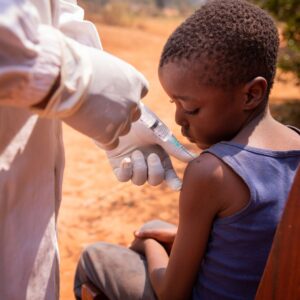Dr. Hanan Balkhy, WHO Director for the Eastern Mediterranean, described Gaza’s health services as “shattered” and on the brink of total collapse after two years of conflict. She emphasized that once the fighting ends, the immediate challenge will be rebuilding the health system to prevent famine and despair, restore dignity, and provide hope for the future. WHO estimates that reconstruction will cost over $7 billion, covering humanitarian response, early recovery, and long-term rebuilding efforts.
The humanitarian toll in Gaza remains severe, with more than half a million people facing famine-like conditions and another million severely food-insecure. Since January, 455 people, including 151 children under five, have died from malnutrition, according to Palestinian health authorities. UNICEF described Gaza as “a hellish war that has devastated children,” reporting that 64,000 children have been killed or maimed in the past two years, including at least 1,000 babies. Famine continues to spread, particularly affecting southern regions, prompting calls for an immediate ceasefire and protection of civilians.
Critical supplies remain urgently needed. WHO has delivered 17 million litres of fuel to keep hospitals and ambulances running, but more is required. Only about a third of Gaza’s 176 primary healthcare centres remain partially functional, and the collapse of vaccination, maternity, and mental health services has increased the risk of disease outbreaks. Since October 2023, over 1,700 health workers have been killed, further weakening the health system.
Political efforts to resolve the conflict continue, with US envoys and intermediaries from Qatar and Türkiye conducting indirect talks between Israeli and Hamas representatives in Sharm el-Sheikh, Egypt. Despite these negotiations, military operations persist in Gaza City’s Rimal and Zaitoun neighbourhoods, worsening the humanitarian crisis. Many residents are unable to leave northern areas due to insecurity, enduring severe shortages of food and shelter and sleeping outdoors. A UN analysis reports that 83% of structures in Gaza City have been damaged, affecting approximately 81,000 housing units.







